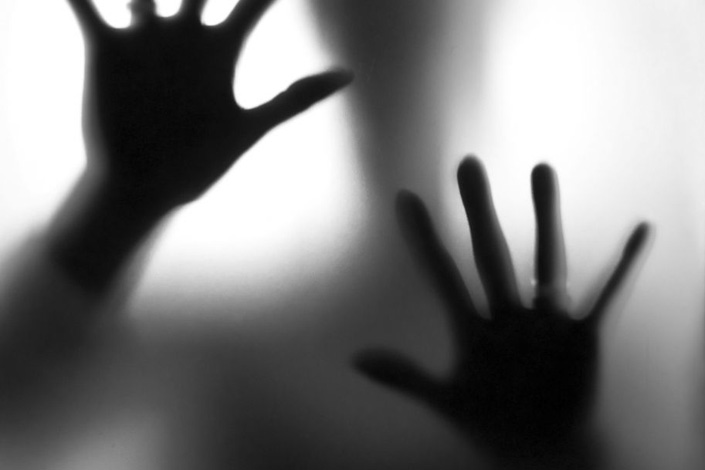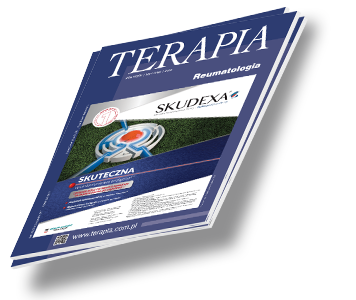W gabinecie lekarza rodzinnego Terapia 2020, 6 ( 389 ) : 60 - 68
Pobudzony pacjent z demencją - farmakoterapia i strategia zmiany leków
Agitated patient with dementia - pharmacotherapy and strategy for its optimization
Przedmiotem niniejszej pracy jest opis podstawowych zasad leczenia pacjentów z demencją oraz zaburzeniami behawioralnymi i psychologicznymi związanymi z otępieniem (behavioral and psychological symptoms of dementia, BPSD) lub z pojedynczymi składowymi BPSD. Osoby z otępieniem są podatne na rozwój delirium, ale jego terapia wykracza poza zakres tematyczny artykułu i nie będzie w nim omawiana.

Zaloguj się i przeczytaj bezpłatnie całą treść artykułu.
Nie masz jeszcze konta dostępowego?
Zarejestruj się bezpłatnie, a otrzymasz:
* dostęp do wszystkich doniesień oraz pełnych tekstów artykułów naukowych w naszej Czytelni,
* prawo do bezpłatnego otrzymywania newslettera "Aktualności TERAPIA" z przeglądem interesujących i przydatnych wiadomości ze świata medycyny oraz systemu ochrony zdrowia w Polsce i na świecie,
* możliwość komentowania bieżących wydarzeń oraz udziału w ciekawych quizach i konkursach.
Zapraszamy serdecznie, dołącz do naszej społeczności.



Dodaj komentarz